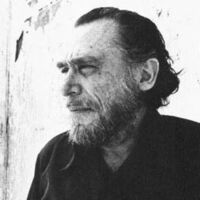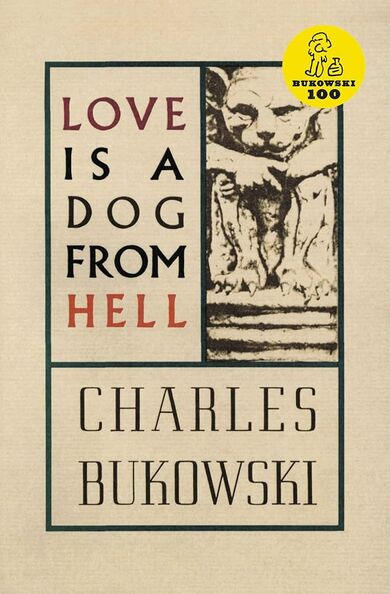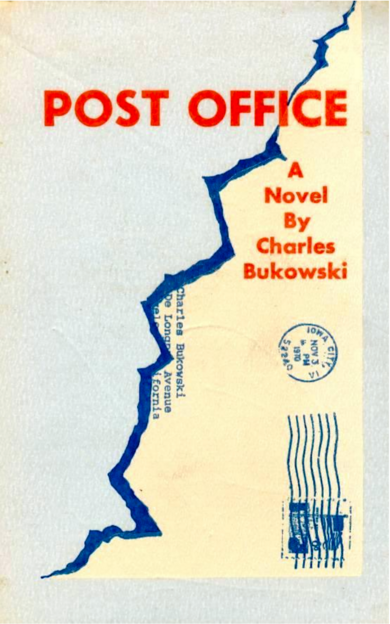Ham on Rye: 8
I took the envelope home to my mother and handed it to her and walked
into the bedroom. My bedroom. The best thing about the bedroom was the bed.
I liked to stay in bed for hours, even during the day with the covers pulled up to my chin. It was good in there, nothing ever occurred in there, no people, nothing. My mother often found me in bed in the daytime. “Henry, get up! It’s not good for a young boy to lay in bed all day!
Now, get up! Do something!”
But there was nothing to do.
I didn’t go to bed that day. My mother was reading the note. Soon I
heard her crying. Then she was wailing. “Oh, my god! You’ve disgraced your father and myself! It’s a disgrace! Suppose the neighbors find out? What
will the neighbors think?”
They never spoke to their neighbors.
Then the door opened and my mother came running into the room: “How
could you have done this to your mother?”
The tears were running down her face. I felt guilty.
“Wait until your father gets home!'”
She slammed the bedroom door and I sat in the chair and waited.
Somehow I felt guilty . . .
I heard my father come in. He always slammed the door, walked heavily,
and talked loudly. He was home. After a few moments the bedroom door opened. He was six feet two, a large man. Everything vanished, the chair I was
sitting in, the wallpaper, the walls, all of my thoughts. He was the dark
covering the sun, the violence of him made everything else utterly
disappear. He was all ears, nose, mouth, I couldn’t look at his eyes, there
was only his red angry face.
“All right, Henry. Into the bathroom.”
I walked in and he closed the door behind us. The walls were white.
There was a bathroom mirror and a small window, the screen black and broken. There was the bathtub and the toilet and the tiles. He reached and took down
the razor strop which hung from a hook. It was going to be the first of many
such bearings, which would recur more and more often. Always, I felt,
without real reason.
“All right, take down your pants.”
I took my pants down.
“Pull down your shorts.”
I pulled them down.
Then he laid on the strop. The first blow inflicted more shock than
pain. The second hurt more. Each blow which followed increased the pain. At first I was aware of the walls, the toilet, the tub. Finally I couldn’t see anything. As he beat me, he berated me, but I couldn’t understand the words. I thought about his roses, how he grew roses in the yard. I thought about
his automobile in the garage. I tried not to scream. I knew that if I did
scream he might stop, but knowing this, and knowing his desire for me to scream, prevented me. The tears ran from my eyes as I remained silent. After a while it all became just a whirlpool, a jumble, and there was only the
deadly possibility of being there forever. Finally, like something jerked
into action, I began to sob, swallowing and choking on the salt slime that
ran down my throat. He stopped.
He was no longer there. I became aware of the little window again and
the mirror. There was the razor strop hanging from the hook, long and brown and twisted. I couldn’t bend over to pull up my pants or my shorts and I walked to the door, awkwardly, my clothes around my feet. I opened the bathroom door and there was my mother standing in the hall.
“It wasn’t right,” I told her. “Why didn’t you help me?”
“The father,” she said, “is always right.”
Then my mother walked away. I went to my bedroom, dragging my clothing around my feet and sat on the edge of the bed. The mattress hurt me. Outside, through the rear screen I could see my father’s roses growing. They were red and white and yellow, large and full. The sun was very low but not yet set and the last of it slanted through the rear window. I felt that even
the sun belonged to my father, that I had no right to it because it was
shining upon my father’s house. I was like his roses, something that belonged to him and not to me . . .





